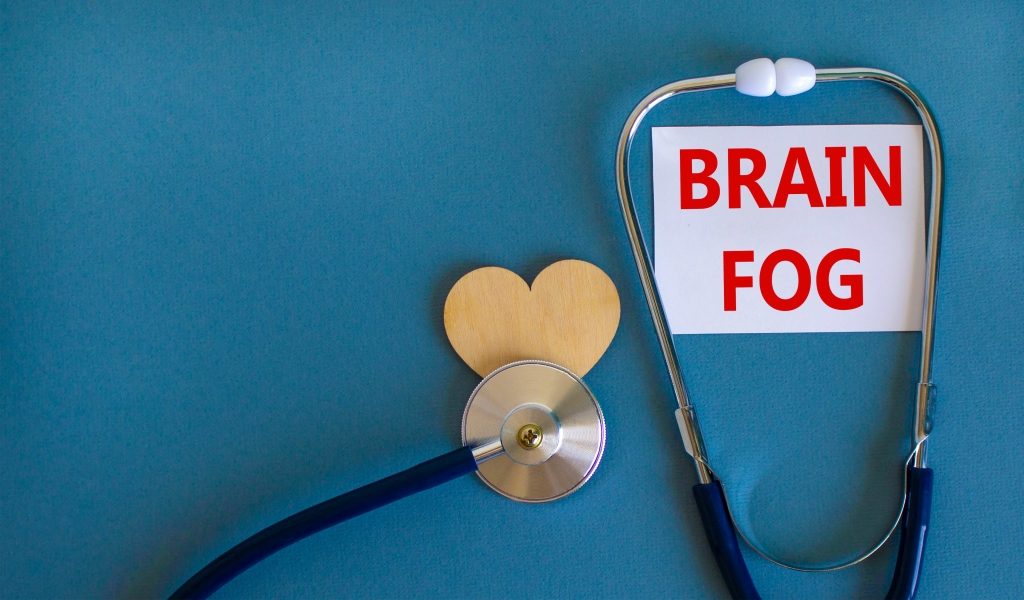I Have a Beer Each Night With Dinner Is That Risky Drinking?
However, if you drink too much alcohol with aspirin, it can cause nausea and vomiting, heartburn, stomach ulcers, and gastrointestinal bleeding. If you do drink, you should not exceed the maximum weekly recommended intake of 14 alcohol units a week (a glass of wine is two units and a pint of beer or lager is two or three). The most popular blood thinners are aspirin, which can be bought over the counter, and Warfarin, which is prescribed. Long-term heavy drinking is linked to an elevated risk of several cancers, including liver, breast, esophagus, and mouth cancers. When you get hurt, blood cells called platelets gather at the injury site and form a blood clot. Clotting factors are also released from platelets that help form a mesh to form the plug to close the wound.
About 30 grams of alcohol — equating to two standard drinks — can lower fibrinogen levels, which can affect blood clotting. Researchers have found that low-to-moderate drinking could reduce certain processes that lead to heart disease and inflammation. However, more research is necessary to determine whether alcohol use is directly responsible for these possible heart benefits.
So, is the reward worth the risk?
Alcohol should be avoided when taking Coumadin, as it is one of the most serious risk factors for complications with this medication. Regardless of the type of blood thinner being used, you should generally avoid alcohol while taking a blood-thinning medication. The actual risks to a particular individual are very case-specific and should be discussed with a doctor. blood thinners and alcohol Alcohol may interact differently with some blood thinners depending on how they affect the body, so it is important to discuss your specific situation with your doctor. Your doctor’s guidance will likely depend on what type of anticoagulant you are using. Since blood thinners and alcohol are both anticoagulants, taking them together can cause serious issues.
Is Mixing Cymbalta and Alcohol Safe? – Verywell Mind
Is Mixing Cymbalta and Alcohol Safe?.
Posted: Tue, 05 Sep 2023 07:00:00 GMT [source]
Alcohol and blood thinners interact in different ways that will vary for each individual. This makes it hard to predict exactly what will happen, but it increases the risk of either bleeding or clot-related problems. Alcohol can also increase the risk of injuries, which can bleed more easily while someone is on blood thinners.
Food Tweaks if You Take Warfarin (Coumadin)
The above review noted that low to moderate alcohol consumption can decrease platelet activation and aggregation, meaning it may reduce blood clotting in a similar way to blood thinning medications. Of course, if you drink alcohol, drinking in moderation is always recommended. Over-imbibing can affect how quickly your blood clots and can increase your chances of falling. Even a simple fall can give you a nasty bruise or could even cause internal bleeding.

Some of those questions may ask if you have recently traveled internationally or if you have recently been sick. Donors will also be asked whether they are currently taking any antibiotics or if they are on any medications. Make sure to check with your doctor before you drink alcohol with your medication. It can make your blood too thin and lead to hemorrhages, stroke, and if not treated, death. Moderate drinking may be able to lower the risk of clotting but it only does so for a short period of time.
Drugs & Supplements
Instead, it is strongly recommended to avoid excessive alcohol consumption while taking Brilinta. This goes for all of the drugs in the class of Factor Xa inhibitors (Eliquis, Xarelto, Savaysa, Arixtra). The newer (novel) oral https://ecosoberhouse.com/article/how-to-rebuild-your-life-after-addiction-how-to-regain-trust/ anticoagulants do not have alcohol-drug interactions listed in their product labeling. However, if you consume large amounts of alcohol at one time or drink alcohol on a daily basis, be sure to discuss this with your doctor.
This isn’t usually a major concern unless they’re extensive or the discoloration seems extreme. Medical staff can also help resuscitate anyone who’s experienced extreme blood loss. She also said donors should be sure to eat and drink plenty of water before and after giving blood. Declining to answer questions that are required could affect donor eligibility. You can’t tell how much alcohol is in your drink by the amount of liquid in your glass or bottle.